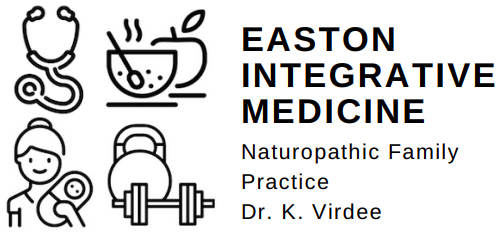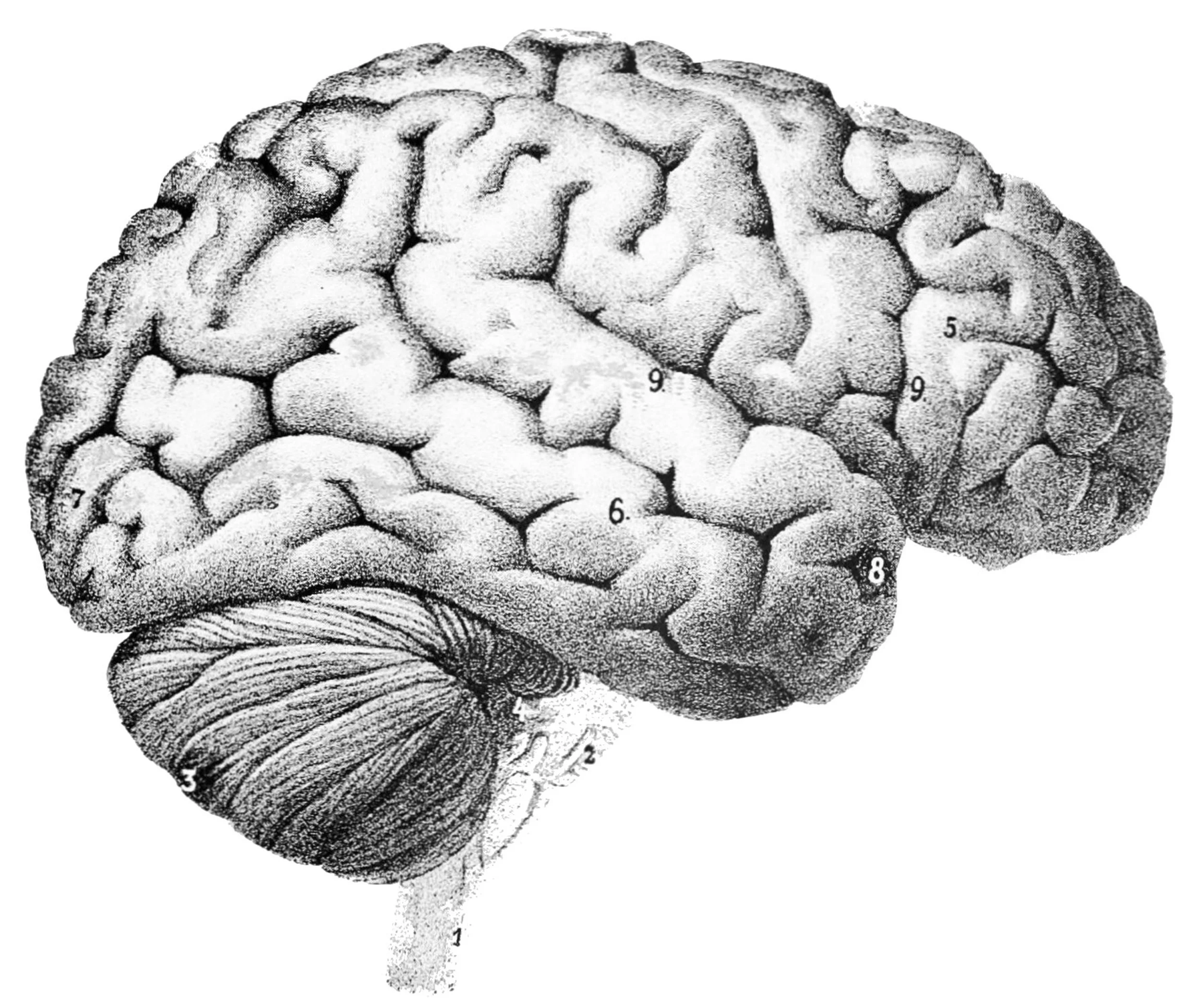Letters for the Anxious Person: Food for Thought
Hello again!
Living with an anxiety disorder extends far beyond the emotional symptoms of worry and panic. Anxious emotions can seize control of our thoughts and make it impossible for those suffering to think clearly and make decisions. In particular, I have found that anxiety will impact the decisions that those suffering make about their nutrition, which, in turn, aggravate their symptoms of anxiety.
Oftentimes, anxious people experience difficulty sleeping. It is actually part one of the criteria that doctors use when diagnosing someone with anxiety. People may notice a hard time falling asleep, staying asleep or that they wake up too early or exhausted. This often leads to a realiance on coffee or other stimulants to maintain their energy throughout he day, which, once again, can affect sleep quality.
In addition, taking a brain that is already overwhelmed by life and adding caffeine to the formula can be a recipe for disaster.
The stimulant effects of caffeine can lead to an increase in symptoms of irritability and frustration. This can make it difficult to get through a workday, spend quality time with family, and accomplish simple tasks. This also affects anxiety sufferers in their social life; I am convinced that the irritability that anxious people struggle with is a common cause for them to be misunderstood in social settings.
A great alternative to coffee for energy is switching over to green tea. Green tea contains moderate amounts of caffeine, but it’s also packed with brain protecting antioxidants and a calming amino acid called L-theanine. The combination of caffeine and L-theanine helps people with a propensity towards anxiety feel calm and collected while still experiencing the focus that they benefit from when drinking coffee.
People who experience uncontrolled anxiety may also notice that they generally can describe themselves as feeling overwhelmed. They may notice that they’re restless, always anticipating the next catastrophe. When our brain is in that state, it’s in need of calming neurotransmitters. One major calming neurotransmiter is the rewarding and feel good neurotransmitter called dopamine. Remember in my last letter when I told you about the part of the brain called the amygdala and the role it plays in anxiety? New research is finding that anxious people have lower levels of dopamine activity in their amygdalas. One simple way that humans increase dopamine levels is by consuming sugar! This may explain why anxious individuals reach out for sugary foods throughout the day as a way to self-soothe. I often check in with my patients about whether they struggle with a sugar addiction to determine their current level of mental wellness. I tend to emphasize the importance of reducing the anxiety prior to removing sugar from the diet. I find that people tend to crash when you take away their one source of comfort, which for many is sugary treats.
A nice alternative to processed sugars is to make the switch over to whole-food sources of sugar. Some examples are fruits, like blueberries, strawberries, kiwis, and sweet vegetables, including beets, carrots and sweet potatoes.
Finally, I’ve seen time and time again that the anxious brain tends to crave alcohol at the end of the day. After 12-16 hours of living in a state of frustration, irritability, and fear, people are looking for a quick and effective way to wind down. Many people with anxiety may use alcohol to feel comfortable in social settings, too. While it seems like 1-2 drinks can’t hurt, on a regular basis these drinks can lead to a deficiency in B vitamins, which are important for neurological functioning. Alcohol is also a depressant, so it can cause someone with anxiety to experience extreme lows that contribute to higher levels of rebound anxiety once the alcohol effects wear off.
A great alternative to alcohol is choosing to drink calming herbal teas such as chamomile, tulsi, or peppermint tea. These are called “nervine” herbs, which help to support the nervous system and reduce symptoms of anxiety.
Think about the decisions that your anxiety causes you to make about nutrition. Are any of them similar to those listed above?
Please feel free to write back (comment below),
Dr. K. Virdee
P.S. Stay tuned for my letter next week on how anxiety impacts digestive function.



